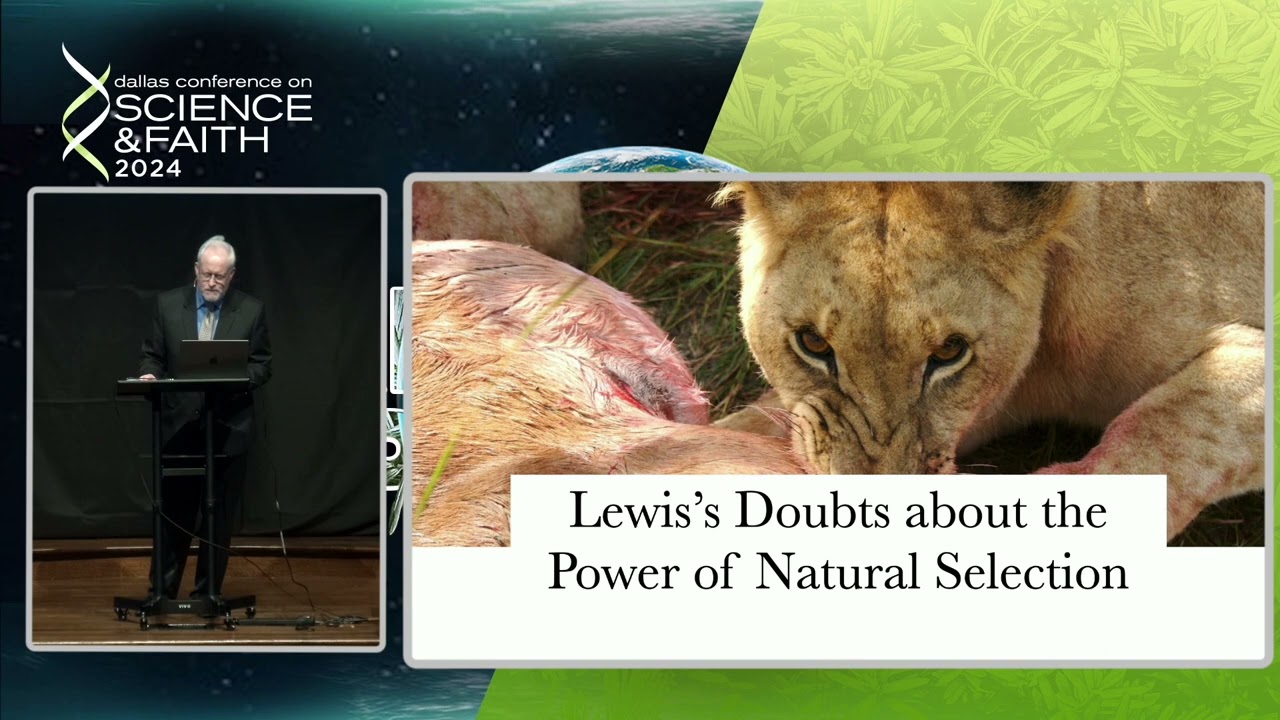
C.S. Lewis on Evolution and Intelligent Design with John West (2024 Dallas Conf. on Science & Faith)
What were C.S. Lewis’s real views on evolution and intelligent design? Dr. John West, Vice President of Discovery Institute, explores this topic in this lecture from the 2024 Dallas Conference on Science & Faith sponsored by Discovery Institute. Dr. West is editor of The Magician’s Twin: C.S. Lewis on Science, Scientism, and Society and co-editor of The C.S. Lewis Readers’ Read More ›








